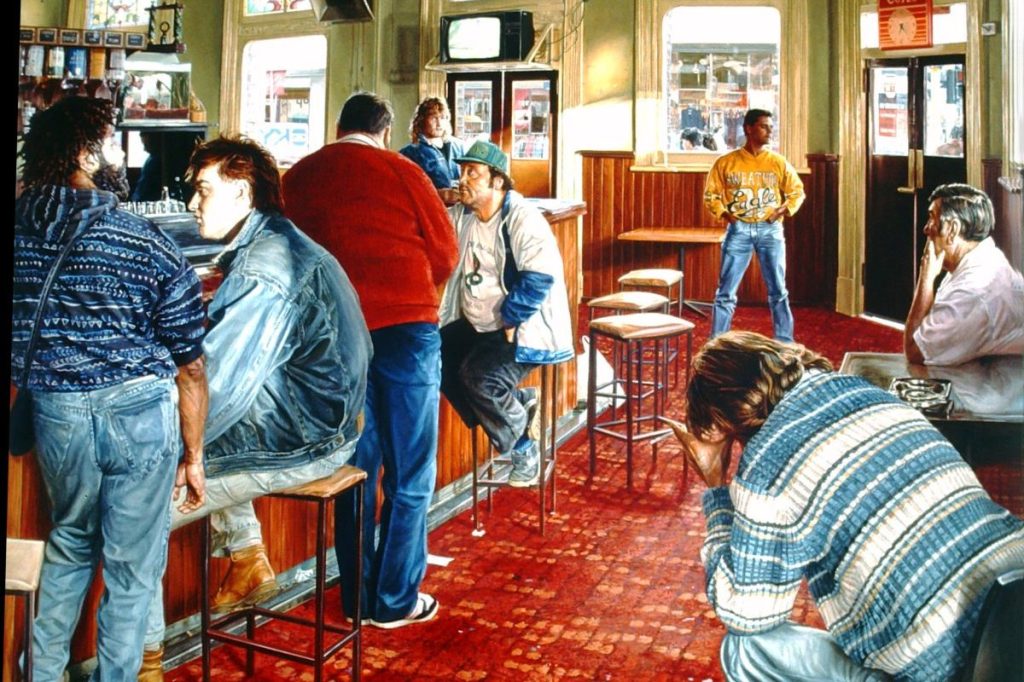Happy hour feels like a constitutional right for most American workers. Cheap drinks, a brief window of relief before heading home, maybe even a shot at bonding with colleagues you only ever email. But in seven states, the ritual is outlawed.
Most of these bans started in the 1980s, when fears about drunk driving pushed lawmakers to outlaw two-for-ones and $2 drafts. A few details shifted over the years, yet the rule itself barely moved. Discounts tied to the clock never came back, and “buy a round, get another” stayed off the menu. The price of a pint needs to hold steady from open to close.
Here’s the roll call of states where happy hour remains illegal, along with the reasoning that keeps the laws on the books.
1. Massachusetts
The Bay State set the tone in 1984 after a drunk-driving crash killed 20-year-old Kathleen Barry. Discounts on booze were banned, and free drinks went with them. Nearly four decades later, critics still argue the law kneecaps bars that already struggle to fill seats.
2. Alaska
The state bans any kind of time-limited discount. Unlimited pours, contests, or cut-rate specials all break the law. Drinks must hold the same price for the whole week.
3. Rhode Island
The Ocean State pulled the plug in 1985. Bars can run “daily specials,” but never timed discounts. The logic was safety on the roads, but it left bartenders with fewer tools to draw in an after-work crowd.

4. Utah
The youngest member of the no-happy-hour club. In 2011, lawmakers banned reduced-price drinks, “encouraging overconsumption.” Utah’s restrictions align well with the state’s already stringent liquor laws.
5. Vermont
Here, establishments can lower drink prices only if they do it for the entire day. Hourly markdowns? Illegal. The Vermont Brewers Association has pushed for reform, but the rules remain stubborn.
6. North Carolina
Since 1985, drinks must be sold at a single price for a full business day. Bars can still offer specials, but the clock can’t decide the price tag.
7. Oklahoma
Similar to North Carolina, Oklahoma requires bars to keep specials above cost by at least six percent. Free pours and rock-bottom discounts are off the table.
Critics argue that bans kill the kind of casual meetups that spark mentorship and office camaraderie. Advocates say the road toll matters more. Either way, the simple joy of a discounted gin and tonic after work depends entirely on your ZIP code.
The post 7 States Where Happy Hour Drink Specials Are Banned—and the Sad Reasons Why appeared first on VICE.




